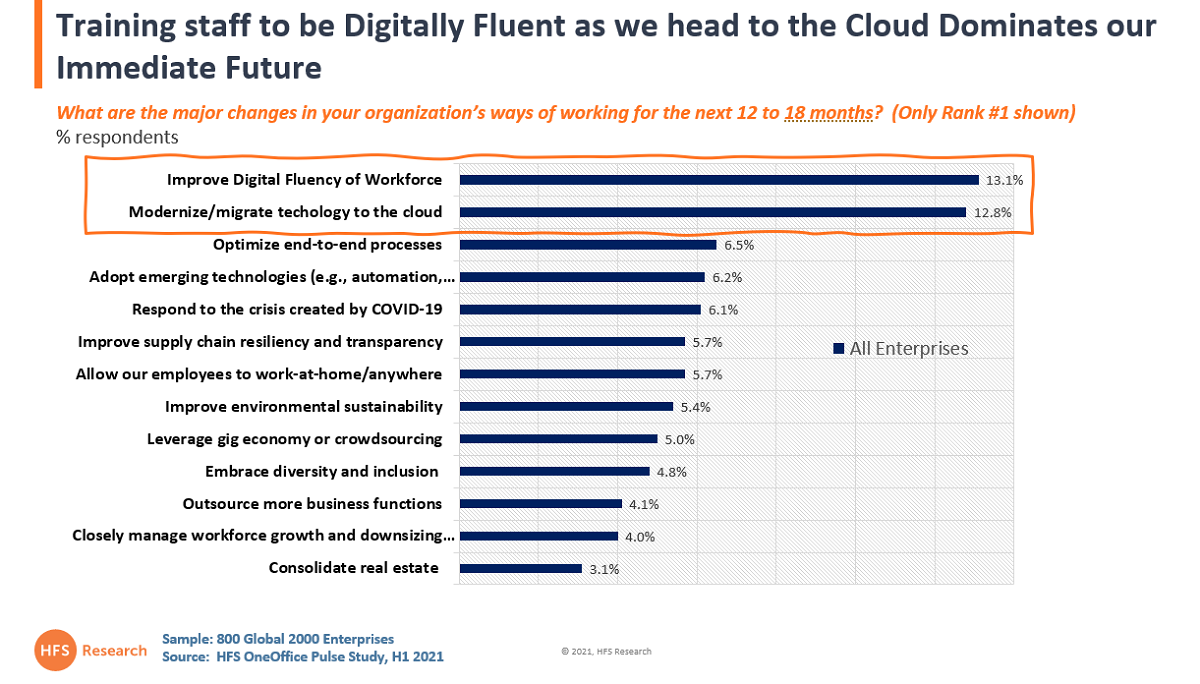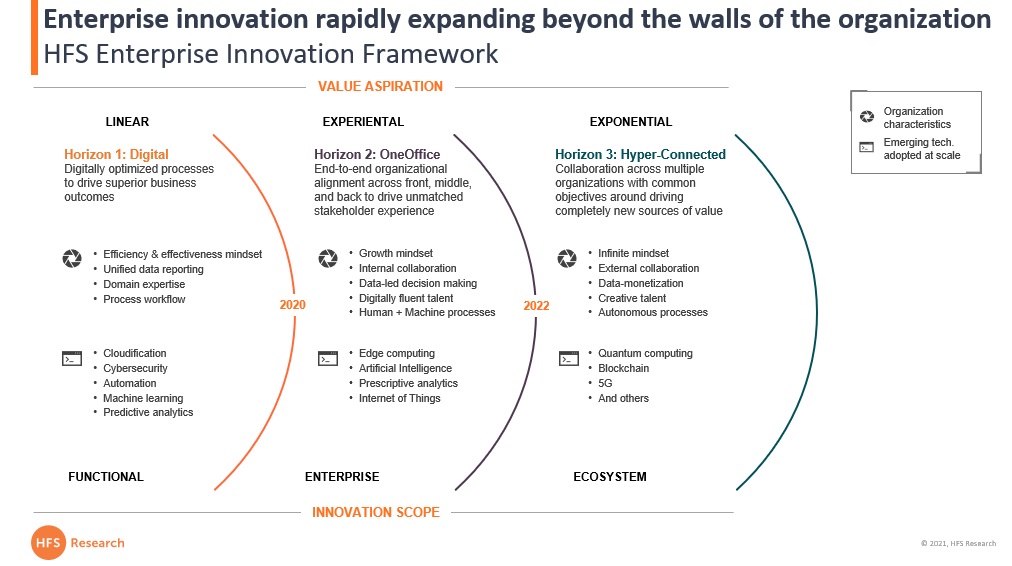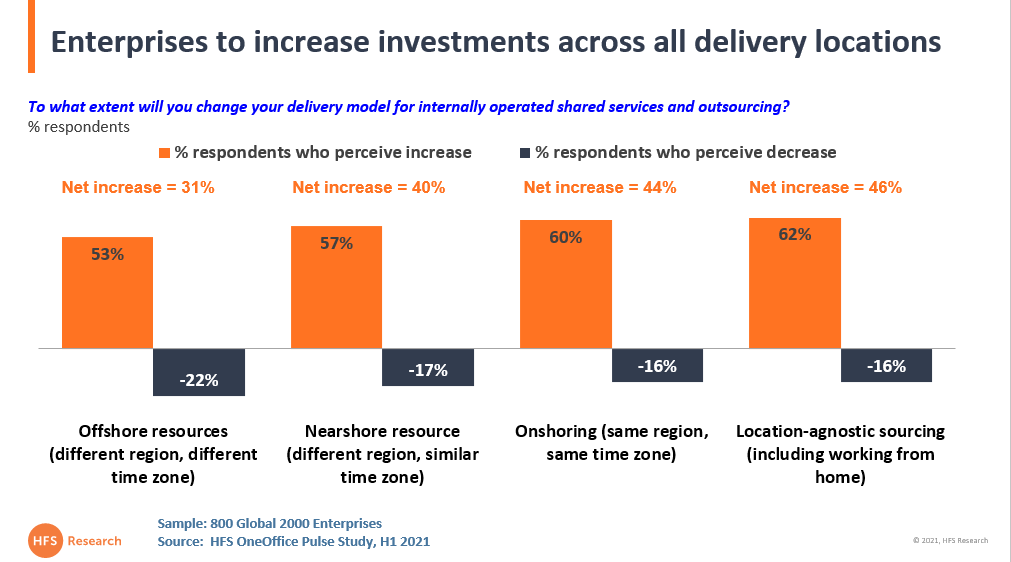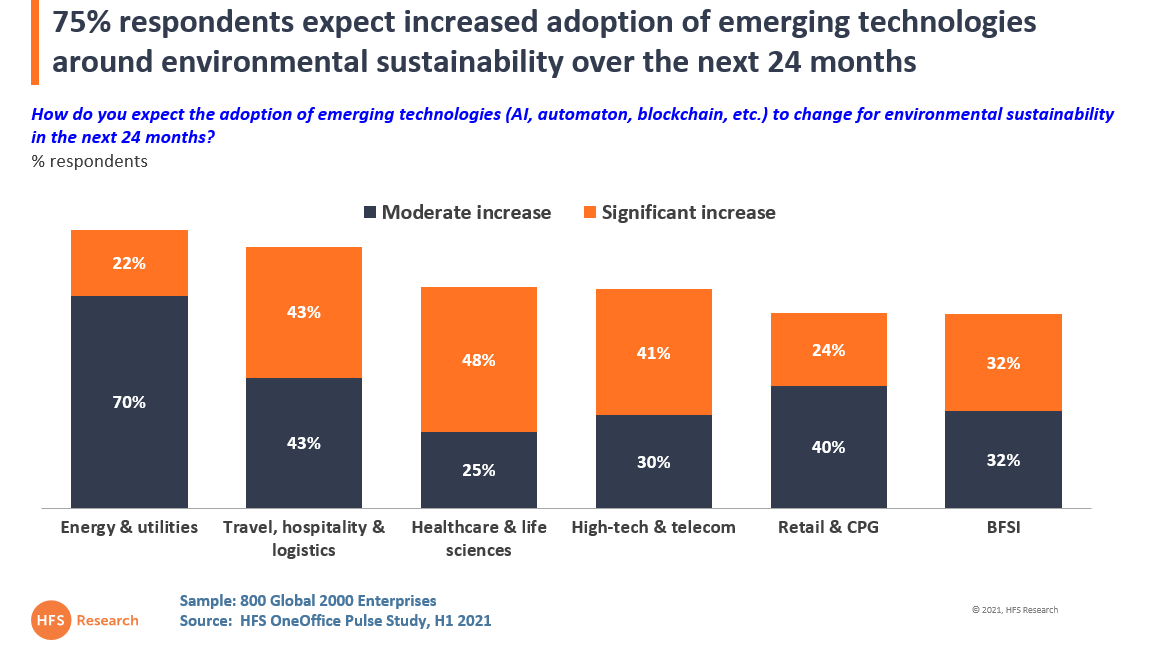
On the surface, not much has changed… we go to work, we try to do what we did before without physically engaging with each other. We talk a lot about a “return to normal,” but deep down, we’re starting to suspect those days are gone for good. So what’s changed?
1. Most of us now have a work-from-home mindset ingrained, whether we like it or not. We have become so efficient working from home, and we don’t have time to commute/travel unless there is some urgent need. If anyone hasn’t already noticed, most folks in the East coast of the US, London, and other major cities have had the green light for several weeks to meet up. And while the brave few have had a few socials, people aren’t exactly champing at the bit to “renormalize.” It’s not a fear of Covid as most folks in our industry in the US are fully vaccinated, it’s the new intensity of the virtual work culture – we just don’t have the hours in the day to give up Our calendars are constantly clogged up for immediate needs weeks ahead and our businesses will struggle to function if we started to block out entire days for conferences and meetings. While many employers will try and force an in-office culture, it will prove very challenging, getting many people to break from their ingrained work-from-home mindset.
2. The hype days of technology are over. It’s all about what enterprises need, not what vendors are trying to sell them. The change in the enterprise mindset towards technology has gone through a genuinely pragmatic revolution over the past year. The realization that being able to function in a virtual model has gradually drained the remnants of hype of the technology value propositions. Our Pulse study of 800 Global 2000 enterprises clearly illustrates two factors that dominate the focus of leaders: moving operations into the cloud at speed and training staff to understand how to balance digital business needs in a virtual environment:
Whether we talk about automation, AI, blockchain or quantum… every business leader will answer with “So what? we need data to be relevant… and it needs to be accessible and immediate in the cloud. Once we have that we can consider how to get smarter, faster and more efficient”.
3. We are not so afraid of change as Horizon 3 unfolds before our eyes. The last 12 months were the most significant change in our lifetimes, but we are still standing. Change does not sound so scary anymore. Embracing change has also made us more ambitious as business leaders. Are we satisfied with slightly cheaper, slightly better, or somewhat faster, or are we searching for fundamental new sources of value? The OneOffice approach now resonates with practically 99% of enterprise leaders. Horizon 3 initiatives to develop hyper-connected enterprises are also no longer five years away…Horizon 3 is now unfolding right before our eyes:
4.Locations have become irrelevant, as access to talent takes center stage. The days of resistance to offshoring are over as Global 2000 enterprises literally cannot function without access to IT and operations talent. In pre-pandemic times, many US politicians advocated against offshore resources, but this is no longer an option as the talent shortages in the US are a serious issue. We see a continued growth period for hybrid offshore/onshore outsourcing over the next few years, which will accelerate as we gradually emerge from the pandemic over the next few months. As the Pulse data shows us, enterprise leaders are looking at all business talent models to get what they need, whether offshore, nearshore, onshore, or from a location-agnostic model where they may have no idea where they are that resource is located. We also expect crowdsourcing to (finally) emerge as a significant model for access specific talent, especially in crucial areas where deep skills are scarce, such as cybersecurity, machine learning, and data science.
5. Values and philosophies beyond capitalism increasingly dictate where our emerging talent chooses to work. This forced embrace of change has had a positive impact on pure capitalism ideals. We have seen a big boost to a profit with a purpose philosophy with initiatives like sustainability and diversity becoming far more ingrained in enterprise-wide goals than just CSR initiatives. Three-quarters of major organizations are centering investments in emerging technologies to support initiatives around sustainability. We expect many employees to choose employers that stand for important values, beyond merely profit. CEOs’ personal views will become increasingly important to set the tone for their organizations as people increasingly look to leadership for purpose and motivation.
The Bottom-line: We’re ready for change, we’re truly virtual and we’re pragmatic about achieving real business outcomes
However which way we look at things, we’re becoming realists and the old days of technology hype and fear of change are receding into the past. Over the past year, we’ve gradually let go of the many shackles of the past and started to realize we’re in a new reality, a wholly new environment, where we’re all trying to focus on achieving real business outcomes, on values that are important to us, and a new work reality where its intense, high-touch and very real.
What Covid has taught us is there is no reason to fear change, and how important we are to keeping our organizations moving forward. We just need to keep our eyes wide open that the world has changed, we have changed and we have to accept and adapt. Onwards an upwards folks =)
Posted in : Digital Transformation, OneOffice










